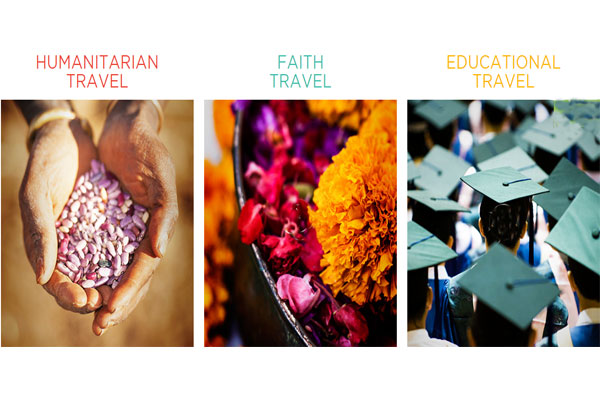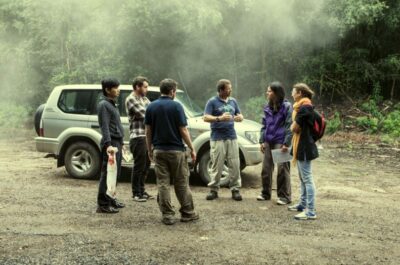Nearly half of survey respondents felt global incidents, political unrest and viral outbreaks had impacted the sense of security that they or their colleagues feel when travelling.
For the third year running, NGO and University professionals are expressing greater sensitivity towards the risks of business travel. Their employers have responded through improved travel risk management programmes but the data – and frank feedback from our survey respondents – suggests that further progress is needed.
Key Travel, leading Travel Management Company (TMC) for the humanitarian and academic sectors, conducted their annual survey with traveller and travel booker respondents to get a better understanding of how NGOs and Universities are managing travel-related risk within their organisations and how employees feel about travelling in a riskier environment.
Nearly 2,000 workers across UK and European third sector organisations contributed to the survey, with the overall findings reflecting a sea change in awareness of the travel risk issue and what organisations are doing to manage it.
Nearly half of survey respondents felt global incidents, political unrest and viral outbreaks had impacted the sense of security that they or their colleagues feel when travelling. Whilst over a third of respondents (a drop of nearly 10% from last year) are not put off travelling to higher-risk places – with a higher tolerance amongst NGO workers than University people – nearly two thirds stated that world events have impacted their decision to travel.
Commenting on the figures, John O’Sullivan, Key Travel’s Group Marketing Director, says: “Sensitivity towards the risk of travel has understandably increased for the third year running. People are rightly showing caution when booking travel and taking trips and we believe organisations are doing more to raise awareness through pre-trip risk assessments and other risk management actions.”
67% of respondents said that their organisation stipulated that a risk assessment is carried out for either all or some trips prior to booking travel with number of respondents stating risk assessments are carried out for all trips is up 6% on last year. When asked to provide details of their organisation’s risk assessment process, more than 200 people responded, featuring concerns about the total absence of pre-trip assessments (“We don't do a risk assessment but I think there should be one”) to complaints about the length and complexity of the process (“It is insanely complex and impenetrable”). However, in many, particularly NGOs, the policy is applied rigorously and consistently (“We have more and more departments affected by travel-related risk management, so it’s a necessary process.”)
Political unrest and terror attacks in what were considered to be ‘traditionally safe’ destinations such as European capital cities were among the greatest travel fears affecting respondents. John O’Sullivan adds: “For the first time, Turkey featured in the responses as a reason for not travelling. Similarly, Brussels and Paris were deemed by some as unsafe locations and for the first time we saw comments about choice of connecting airports and the restricting the time spent ‘airside’ in airports."
The survey suggests there is still more work to be done by employers. Two thirds of respondents were aware that their organisation had an agreed way of communication in the event of an emergency. But the procedures behind such communications were less clear, with half of respondents stating they were either unaware of an established procedure to follow in an emergency situation or that a procedure didn’t exist at all.
“As our year-end data suggests, there is still a fair bit of work to be done in helping organisations be better prepared to provide employees with the right level of care. A formal travel risk policy, enforced risk assessments and clear well-communicated protocols play a useful role in increasing sense of safety and security across third sector organisations. To address inconsistencies and gaps within organisational risk management policies and processes, these must be robust and carefully applied,” says John O’Sullivan.
Key Travel, which works with thousands of charities, universities and faith organisations globally, has been investing in the safety and wellbeing of travellers for more than 35 years. With multiple respondents saying they would value travel disruption alerts and traveller tracking features in their travel app, the international TMC has been teaming up with Amadeus and security experts International SOS to offer a range of practical solutions to increase traveller safety and security – to suit all budgets.
Tatiana is the news coordinator for TravelDailyNews Media Network (traveldailynews.gr, traveldailynews.com and traveldailynews.asia). Her role includes monitoring the hundreds of news sources of TravelDailyNews Media Network and skimming the most important according to our strategy.
She holds a Bachelor's degree in Communication & Mass Media from Panteion University of Political & Social Studies of Athens and she has been editor and editor-in-chief in various economic magazines and newspapers.






































































































































































